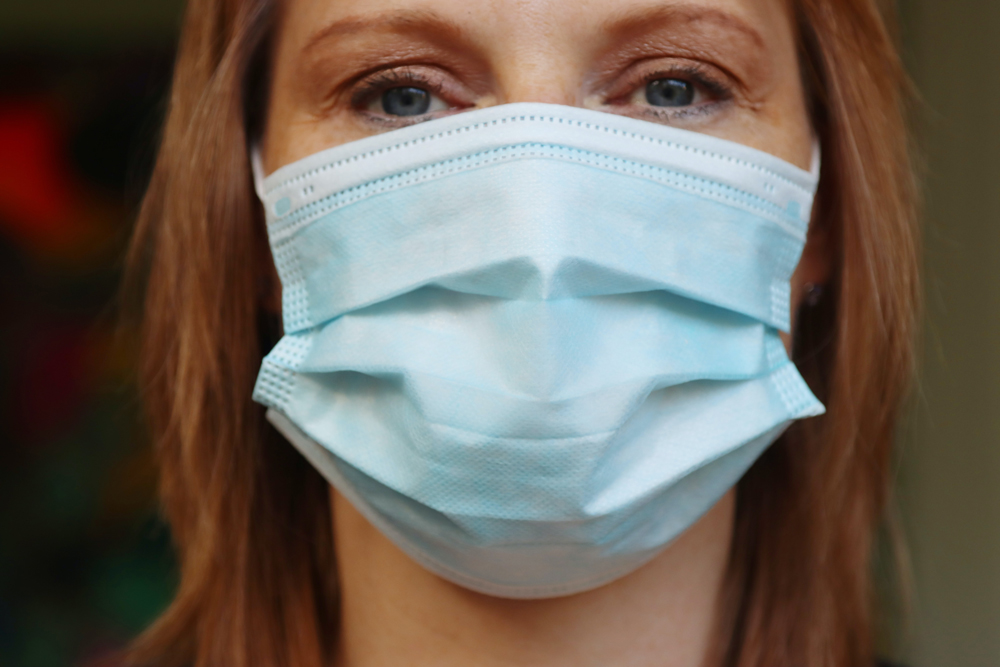The intersections between COVID-19 and NCDs are clear, and particularly the vulnerabilities of people living with NCDs to the COVID-19 pandemic. There is also growing evidence of additional strains and obstacles occurring in the daily management of NCD conditions due to factors including health systems buckling under the pressure of the pandemic, physical distancing, and measures that restrict movement.
As part of the Our Views, Our Voices initiative, the NCD Alliance consulted with people living with NCDs through an online survey, to gather their first-hand experiences of the COVID-19 pandemic and recommendations on how governments can build back better with equitable, sustainable and people-centred health systems at all levels.
Results from the online consultation will also inform a Global Charter on the Meaningful Involvement of People Living with NCDs, planned for 2021, that stakeholders can endorse to promote an NCD response that puts people first.



